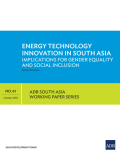
Energy Technology Innovation in South Asia: Implications for Gender Equality and Social Inclusion addresses how energy systems and services can improve women’s economic empowerment. It argues that integrating gender equity considerations into technology design and drawing women into this process is not only an equal employment opportunity issue, but is also crucially about how the world we live in is shaped, and for whom.
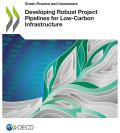
This paper Developing Robust Project Pipelines for Low-Carbon Infrastructure aims to provide policymakers with a comprehensive examination of “project pipelines”, a common concept in infrastructure planning and investment discussions, and one which has become a focal point in countries’ efforts to implement their climate commitments.
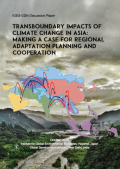
The paper Transboundary Impacts of Climate Change in Asia: Making a case for regional adaptation planning and cooperation aims to address the transboundary impacts of climate change. It emphasizes the significance of regional cooperation to strengthen the collective adaptation solutions to address the impacts of climate change on transboundary natural resources and other teleconnections.
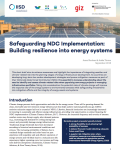
This brief aims to enhance awareness and highlight the importance of integrating weather and climate-related risks into the planning stages of energy infrastructure development. As countries are developing long-term low-carbon development strategies and pursue mitigation measures as part of their Nationally Determined Contribution (NDC), it is essential to increase understanding about the need to identify and assess climate-related risks when appraising new energy projects or managing infrastructure portfolios.
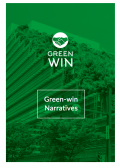
The booklet Green-win Narratives developed through the course of the GREEN-WIN project within the Global Dialogue and the detailed studies carried out by the project partners. The GREEN-WIN project is a major international transdisciplinary research collaboration supported by the EU. It applies a solution-oriented approach targeted at increasing the understanding of links between climate action, economic development, and sustainability.
